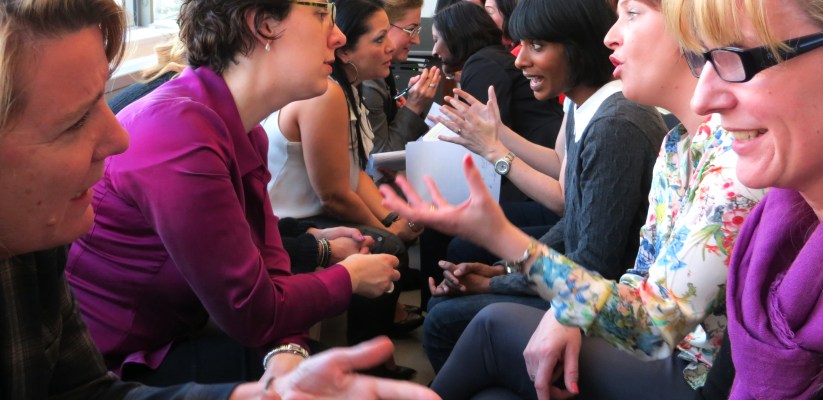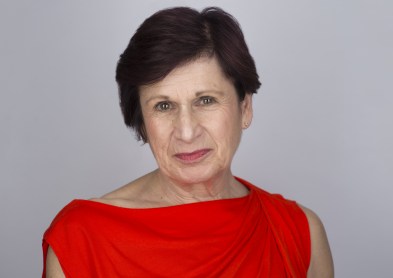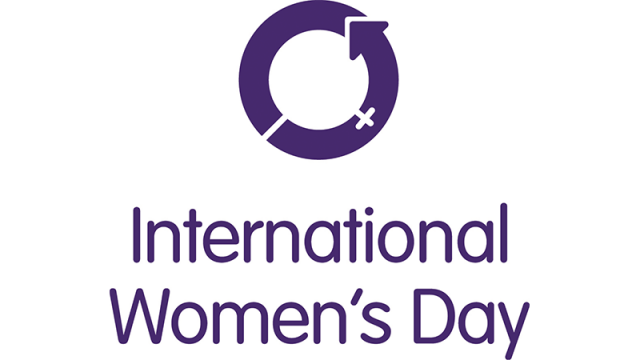With the advent of March the focus turns to equality, gender and diversity: International Women’s Day falls on 8 March 2017 – the hashtag is #BeBoldforChange and so it should be. The glass ceiling is not yet broken, but progress is being made. Gender equality and diversity are now ongoing topics of conversation.

Framing the Issue, Challenging the Status Quo: Asking the Reason Why?
Women and men are voicing their views, raising concerns and challenging current practices and the status quo – often with the question: Why?
Why are there so many men?
Why are there so few women in senior roles?
Why do well qualified, high performing women often leave employment to become carers?
The messages are getting though. Companies have realised that their approach to recruitment, working patterns, skills requirements and staff benefits is equally as important as – if not more important than – salary in engaging current staff and showcasing their organisation to potential employees.

The Hard Data: Measuring the Gender Pay Gap
One current challenge is to identify the gender pay gap. The outcomes of this research should show how salaries differ, taking into account part-time/flexible and full-time working, and also bonuses paid at each level of the organisation. This data and the answers to the questions above will then need to be explored and answered by each company.
The big data revolution is expected to add £241 billion to UK GDP by 2020 as well as creating 157,000 additional jobs.
The lack of technology skills is a global issue, with each country wanting to recruit the brightest and the best. The risks are high and competition will be strong. We don’t have enough people to fill the roles. There are many projects to encourage women to learn about and take up careers working in STEM-related roles (Science, Technology, Engineering & Mathematics ). These projects are slowly making a difference but at the current rate the impact is insufficient to meet our needs.
Women for the Board? Using FTSE-listed Companies as a Case-Study of Progress
And women at board level? How does progress and diversity translate into actual board membership. Information, reports and social media keep this high on the agenda. However, the exponential increase observed between 2013-2015 has slowed. There are many more women who have board roles as trustees in a voluntary capacity, or are on functional boards which report upwards rather than being on an executive board in a paid capacity. The picture is, however, different across sectors and industries. Public sector, NHS Trusts and government boards have made much progress towards demonstrating equality and diversity. The financial sector, oil, gas, and the construction industries still have far to go.
The 2020 target is now FTSE 350 Boards should include 33% women.
The figures of the current gender split of FTSE 100 board membership are unclear . The actual number of women on boards is not stable: if for example a woman leaves a board role it does not mean she will be replaced by another woman. It is said that women now occupy between 27-30% of FTSE 100 board positions. And there are still 12 all male Boards on the FTSE100.
“Breaking the Glass Ceiling”: What happens next?

Well, we need to keep the debate going. So take part, get involved in the conversation, challenge assumptions, ask questions and encourage others to do so.
Everyone needs encouragement and opportunities to progress, take risks and grow. You can make that happen for yourself as much as others can.
Try these three actions for starters.
Find yourself a mentor: Someone who can support you in your career aims.
Join a networking group. Whether it’s for women only or a mixed group, making sure you are out there meeting people, and seeing who you can help is often the best way to find people who can help you.
Make sure you support other women around you. We’re stronger when we work together.

Dr Ruth Sacks designed Women for the Board – an Executive Development short-course delivered at Westminster Business School – and teaches on the Westminster MBA.
- Alumni Voices | Robert Mitson, Business Economics BSc Honours - January 26, 2024
- Westminster Business School students participate in Sustainable Business Challenge with International Partners - July 26, 2022
- Postgraduate Entrepreneurship students head to Edinburgh for the 2022 International Business Challenge - May 24, 2022
